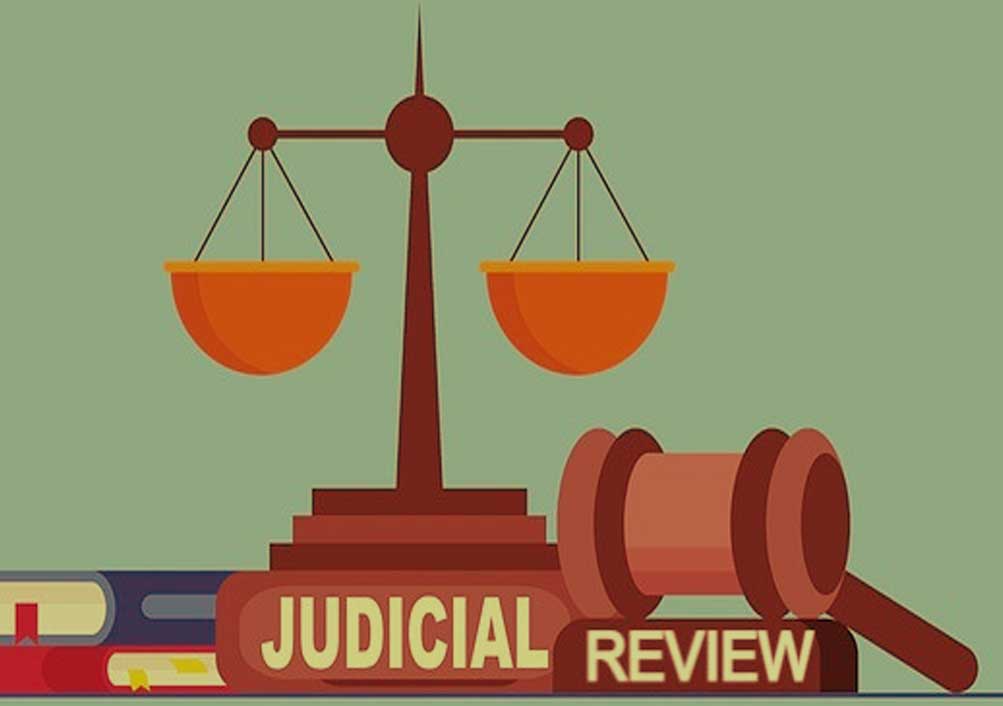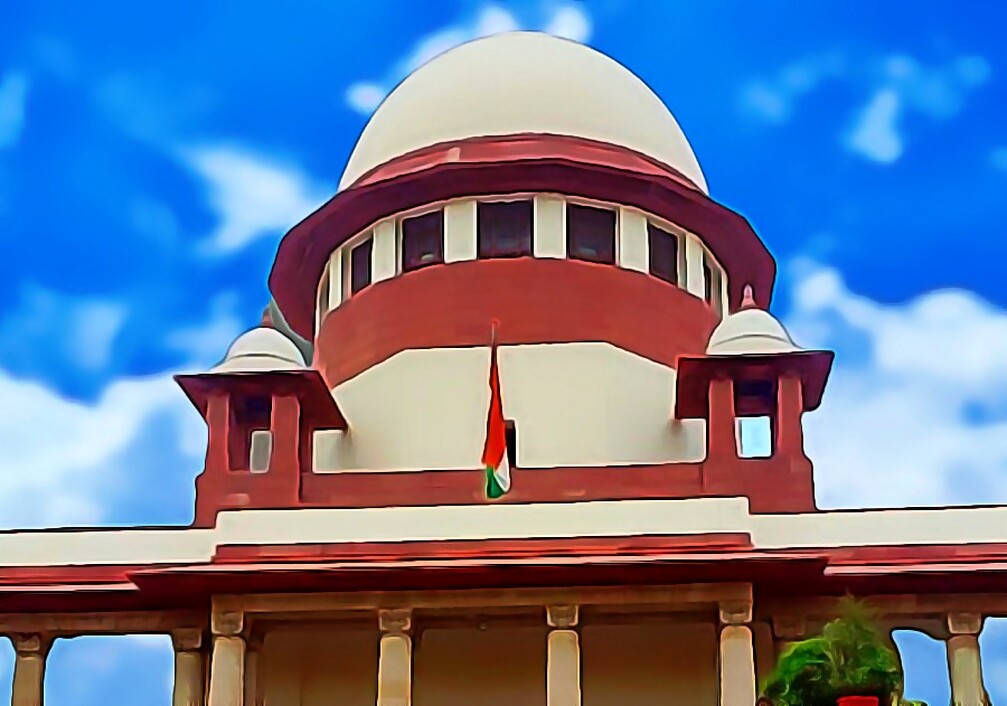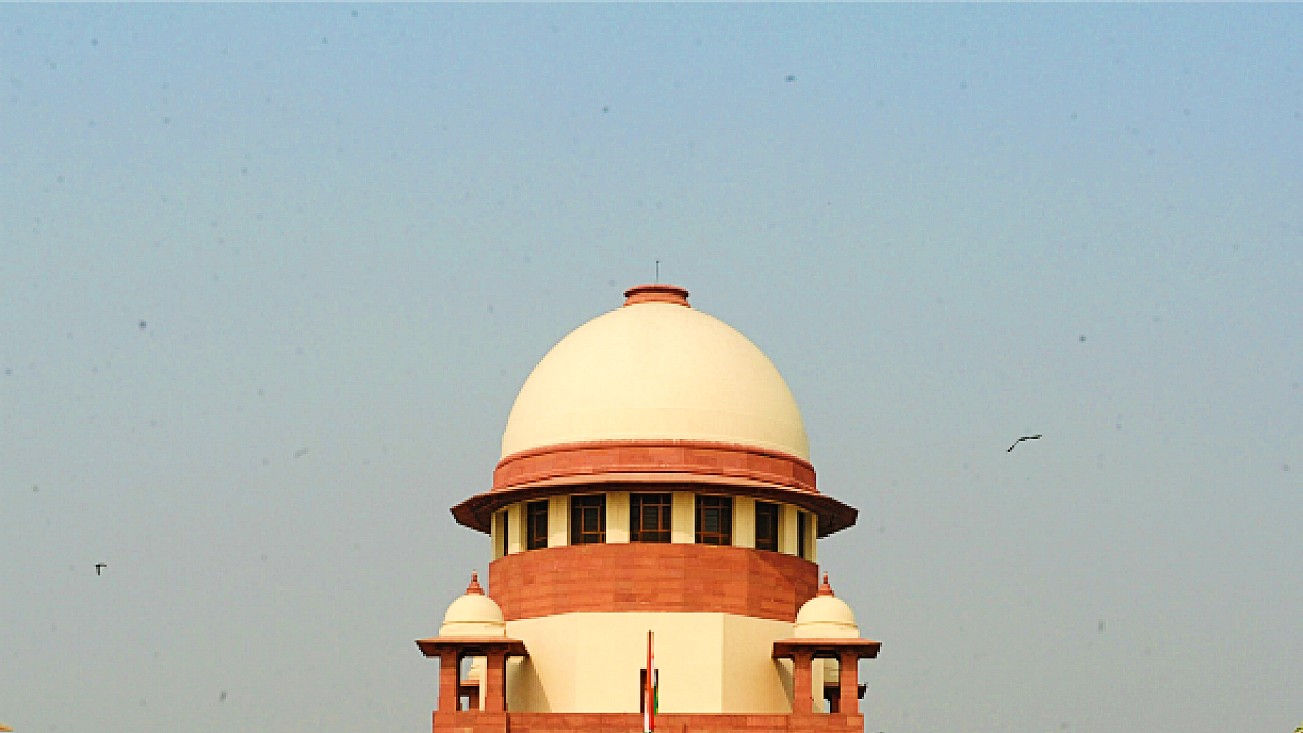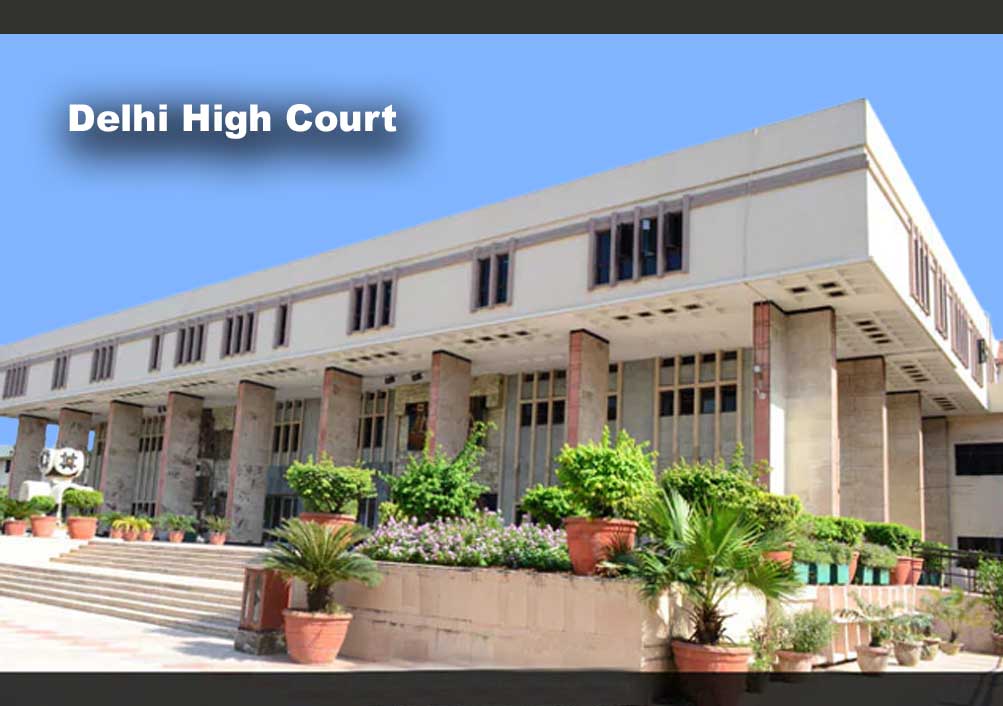Review jurisdiction can be exercised only in cases where there is error apparent on face of record and not otherwise, rules Top Court

Read Judgment: Ratan Lal Patel V. Dr. Hari Singh Gour Vishwavidyalaya & Another
Pankaj Bajpai
New Delhi, March 23, 2022: Highlighting that the review jurisdiction can be exercised only in a case where it is found that there is an error apparent on the face of the record and not otherwise, the Supreme Court has held that there must be a speaking and reasoned order as to what was that error apparent on the face of the record, which called for interference and therefore a reasoned order is required to be passed.
A Division Bench of Justice M.R Shah and Justice B.V Nagarathna observed that unless such reasons are given and unless what was that error apparent on the face of the record is stated and mentioned in the order, the higher forum would not be in a position to know what has weighed with the Court while exercising the review jurisdiction and what was that error apparent on the face of the record.
Going by the background of the case, Ratan Lal (appellant) approached the High Court challenging the order of superannuation and seeking directions to continue him in service till completion of age of 62 years, which came to be allowed by the Single Judge by granting them the extended age of retirement. On appeal by Hari Singh Gour Vishwavidyalaya (University), the Division Bench of the High Court confirmed the judgment passed by the Single Judge. Thereafter the University, through its Registrar, filed a review application before the Division Bench seeking review/recall/modification, which came to be allowed. Hence, present appeal.
After considering the submissions, the Apex Court found that the order of Division Bench of the High Court allowing the review application is a cryptic, non-reasoned and non-speaking order, as nothing has been mentioned and/or observed as to what was that error apparent on the face of the record which called for interference.
Therefore, while exercising the review jurisdiction, the Court has to first satisfy itself on any error apparent on the face of the record which calls for exercise of the review jurisdiction, added the Court.
Speaking for the Bench, Justice Shah observed that merely stating that there is an error apparent on the face of the record is not sufficient, and it must be demonstrated that in fact there was an error apparent on the face of the record.
“In the present case, except stating that “it is noticed that there is apparent error on the face of record which calls for interference”, nothing has been mentioned on what was that error apparent on the face of the record. Therefore, the impugned order, allowing the review application being a cryptic and non-reasoned order, the same is unsustainable in law and deserves to be quashed and set aside”, added the Bench.
Accordingly, the Apex Court remitted the matter to the Division Bench of the High Court to consider, decide and dispose of the said review application afresh, in accordance with law and on its own merits and within the parameters of the review jurisdiction and thereafter to pass a speaking and reasoned order.
Sign up for our weekly newsletter to stay up to date on our product, events featured blog, special offer and all of the exciting things that take place here at Legitquest.




Add a Comment